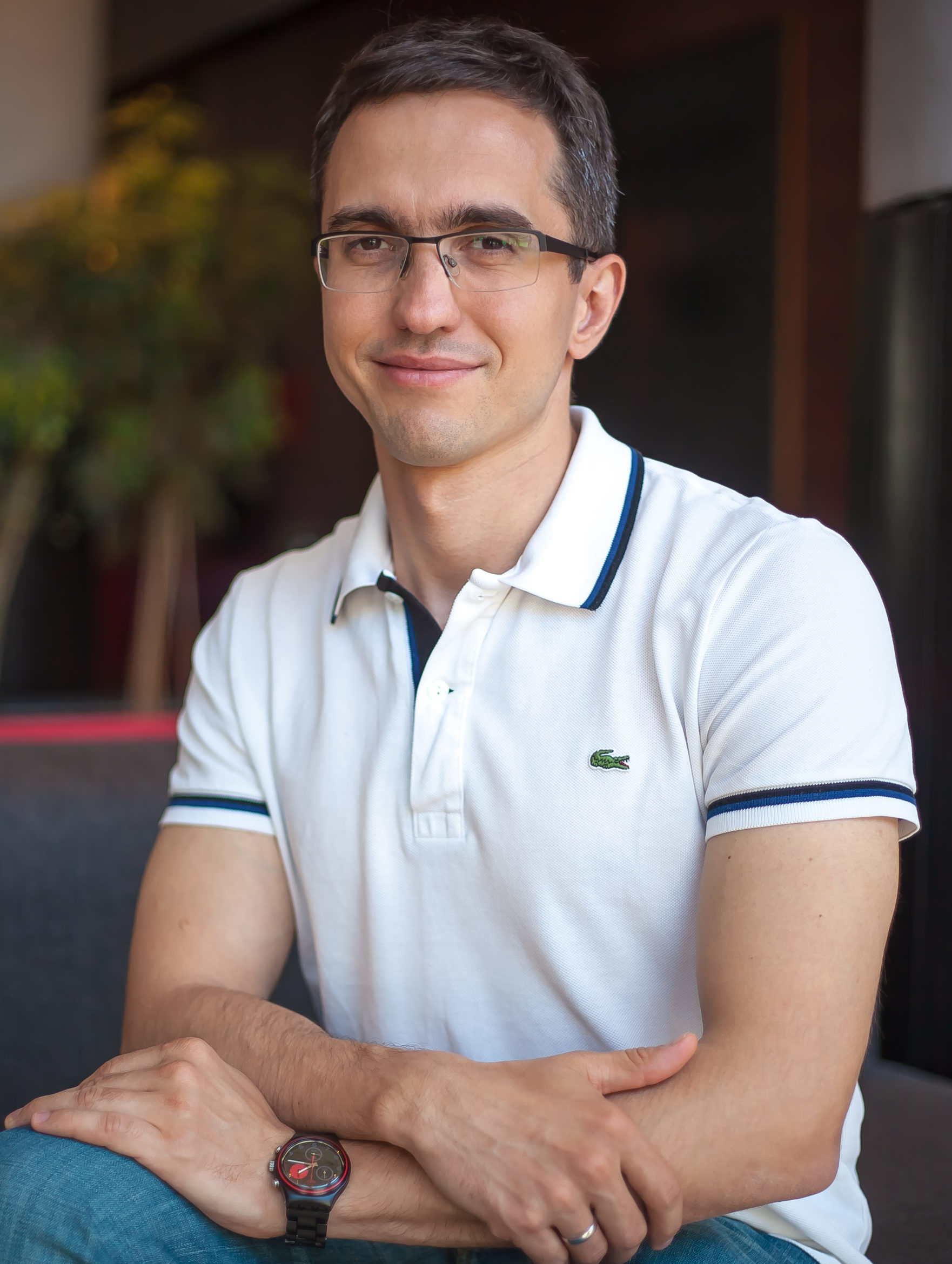Almost 3000 more people living with HIV set to get life-saving treatment in Ukraine.

Sergiy Kondratyuk, All-Ukrainian Network of People Living with HIV/AIDS
On 1 September 2016, MSD Ukraine, the Limited Liability Company operating as a subsidiary of Merck & Co. Inc., promised to drop their patent protection of HIV combination drug, tenofovir/emtricitabine/efavirenz (Atripla) in Ukraine. The company wrote to the All-Ukrainian Network of People Living with HIV/AIDS (the Network) to let them know they will not pursue the protection of patent 42699. This move will ensure that the price of the drug drops to a more affordable and sustainable level, making it available to more patients.
Months of advocacy and threats
This significant breakthrough comes after the Network had repeatedly urged the company to reduce the price of Atripla in Ukraine. The Network cited the ruinous situation facing the financing of the State HIV Treatment Program. According to the Network, allowing the supply of generic versions of this drug would enable the price to drop to a half or even a third of the current price.
Earlier this year, the Network alongside HIV patients throughout Ukraine urged pharmaceutical company owners of patented antiretroviral medicines, to either reduce their prices or not enforce their patents in Ukraine. As a result of lengthy negotiations and the threat of challenging the patent on Atripla, MSD finally complied.
More patients set to receive treatment
“Thanks to the advocacy work of the Network, the cost of the Atripla should soon drop to a half or third of the current price,” said Dmitro Sherembey, Head of the Coordinating Council of the All-Ukrainian Network of People Living with HIV/AIDS. “This will improve the sustainability of the HIV treatment program in Ukraine. We hope that other pharmaceutical companies-patent holders will follow suit, and consider doing the same to ensure that people living with HIV have access to life-saving treatments.”
“The just and humane decision of MSD not to use the patent on efavirenz in Ukraine will allow competition from generic manufacturers for Atripla,” explained Sergiy Kondratyuk, expert on advocacy of the All-Ukrainian Network of People Living with HIV/AIDS. Generic versions of this medicine in Ukraine could mean potential savings for future purchases in 2016 by the Ministry of Health Ukraine under the state HIV program could be as much as US$318,402. The savings could mean it is possible to provide annual treatment for almost 2800 additional patients.”




